1. Requirement information you need to provide
Application scenario: You need to tell us what industrial scenario your industrial motherboard will be used in, such as industrial automation production lines, machine vision, industrial robots, intelligent transportation, medical equipment, etc. Different scenarios have very different requirements for motherboard performance, functions, stability, etc.
Working environment: The environmental conditions of your equipment, including temperature range, humidity, dust, vibration, electromagnetic interference, etc. For example, in a high-temperature workshop, the motherboard may need to have a wide temperature working capability, and in a strong electromagnetic interference environment, it is necessary to focus on anti-interference design.
Functional requirements: Sort out specific functional requirements, such as whether multiple high-speed USB interfaces, RS-232/485 serial ports, network ports, display interfaces, audio interfaces, etc. are required, whether specific communication protocols, data acquisition functions, image processing functions, etc. need to be supported.
2. Solution Design
Processor selection: Select the appropriate processor according to performance requirements, such as Intel and AMD‘s x86 architecture processors, or Rockchip, NXP‘s ARM architecture processors, etc. Consider the processor‘s main frequency, number of cores, cache size, power consumption, whether it supports specific instruction sets, etc.
Memory and storage: Determine the memory type (such as DDR4, DDR5), capacity and number of slots, as well as the storage interface (such as SATA, M.2) and storage capacity requirements, and select the appropriate storage medium according to the data read and write speed and storage stability requirements.
Memory and storage: Determine the memory type (such as DDR4, DDR5), capacity and number of slots, as well as the storage interface (such as SATA, M.2) and storage capacity requirements, and select the appropriate storage medium based on the data read and write speed and storage stability requirements.
Interface design: Plan the interface layout and number of the motherboard according to functional requirements to ensure that the peripheral connection requirements are met, while considering possible future expansion requirements and reserving a certain interface margin.
Power design: According to the power consumption requirements of the processor and peripherals, design a reasonable power circuit, including the power input voltage range, power conversion efficiency, power stability, etc., to ensure that the motherboard can provide stable power under various working conditions.
Heat dissipation design: For motherboards with high power consumption, heat dissipation design is required, such as selecting appropriate heat sinks, fans, or using heat conductive materials, heat pipes and other heat dissipation methods to ensure that the temperature of the motherboard will not be too high when running for a long time.
3. Why choose us for customization
Technical strength: Suppliers with rich experience in industrial motherboard design, professional R&D team and technical support capabilities can provide customized solutions according to needs and solve problems encountered in the design and production process.
Product quality: There is a strict product quality control system.
After-sales service: Good after-sales service, including technical support, maintenance service, spare parts supply, etc., choose to provide timely and efficient after-sales service.
4. Mass production and acceptance
Mass production: After the sample test is passed, it enters the mass production stage. We produce according to the order requirements to ensure that the production process meets the quality standards and ensure the consistency of product quality.
Customizing industrial motherboards is a complex process that requires you to work closely with us and fully communicate your needs to ensure that the final product can meet actual application requirements. If you have any needs, please contact sales01@senbatech.com



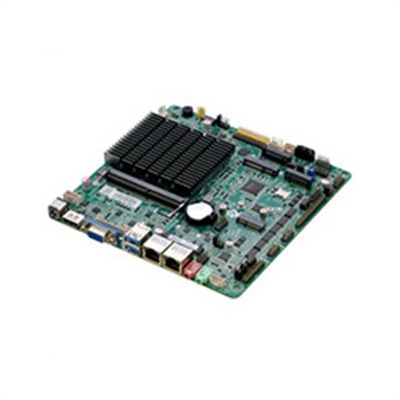
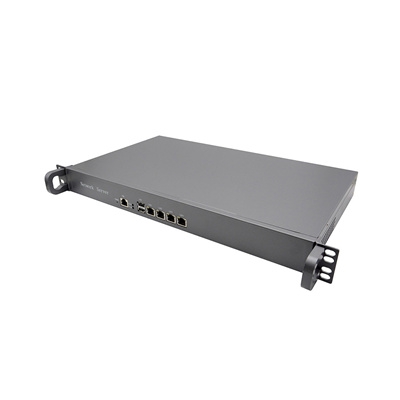
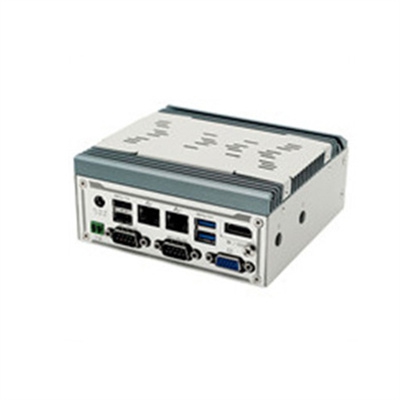
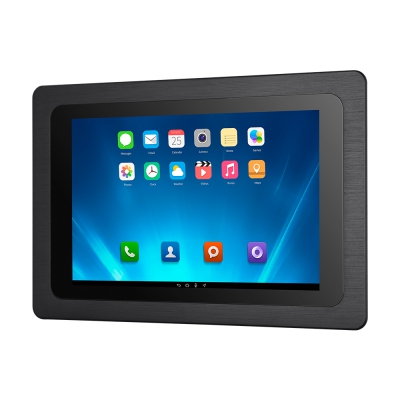
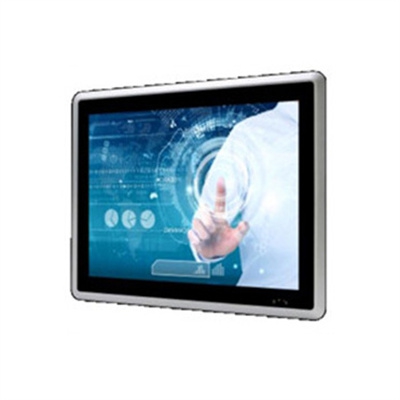
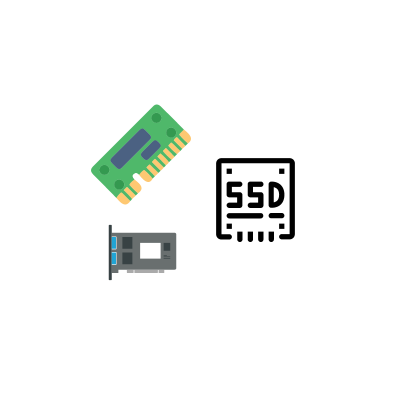


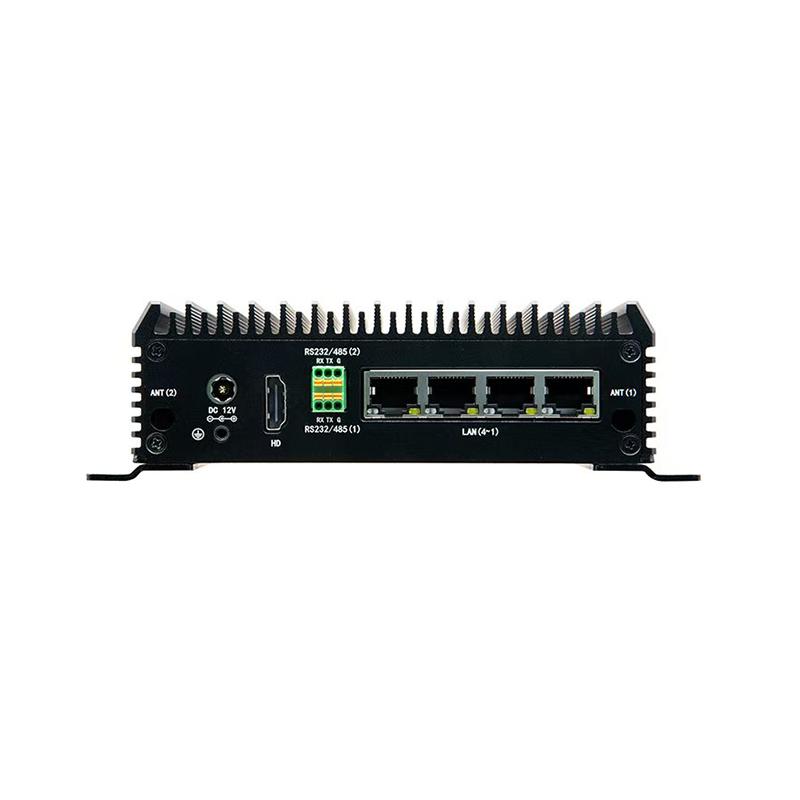
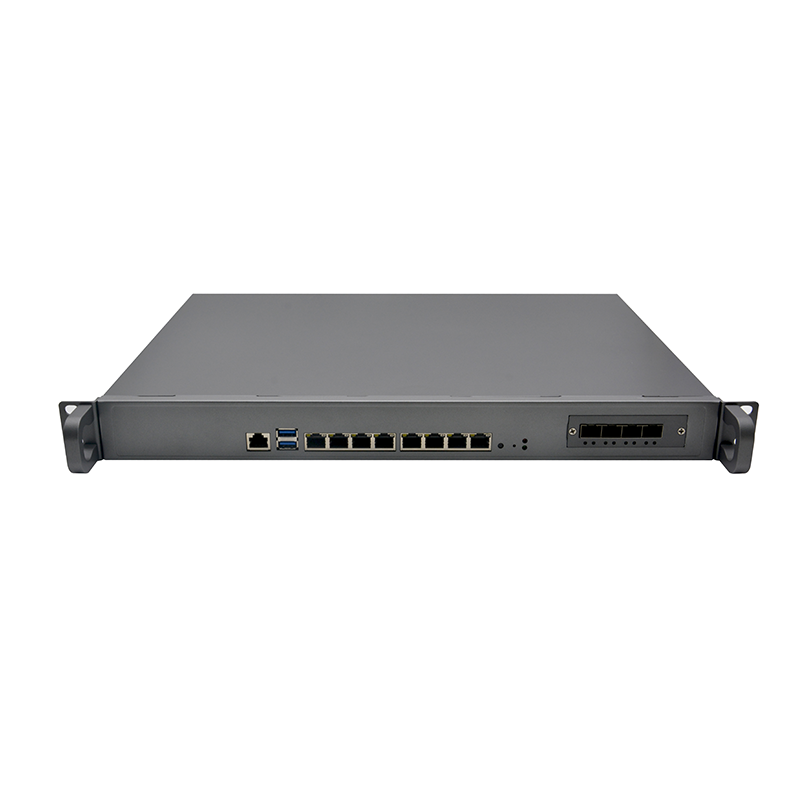
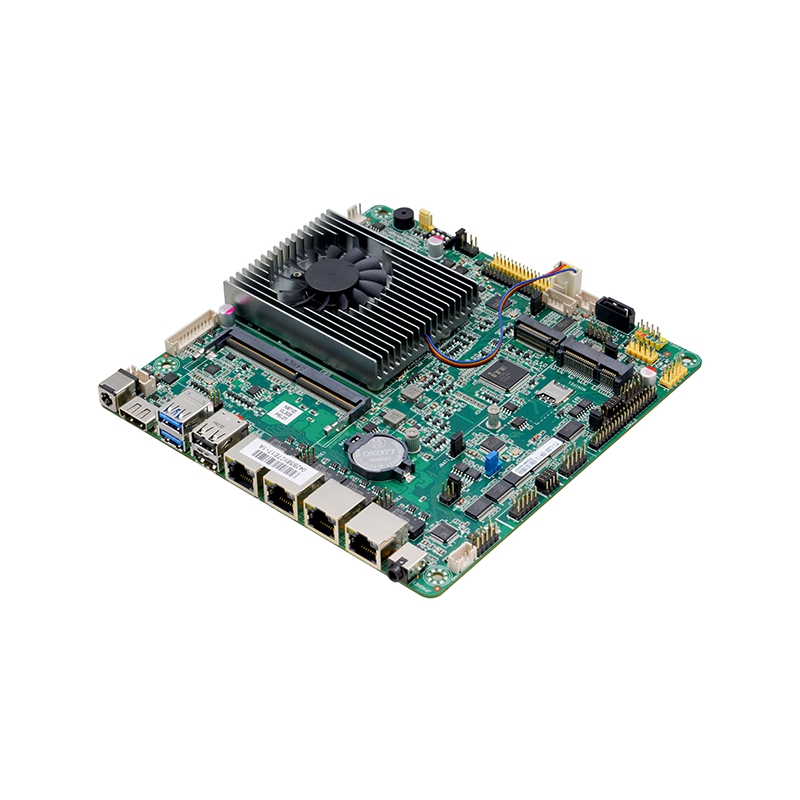
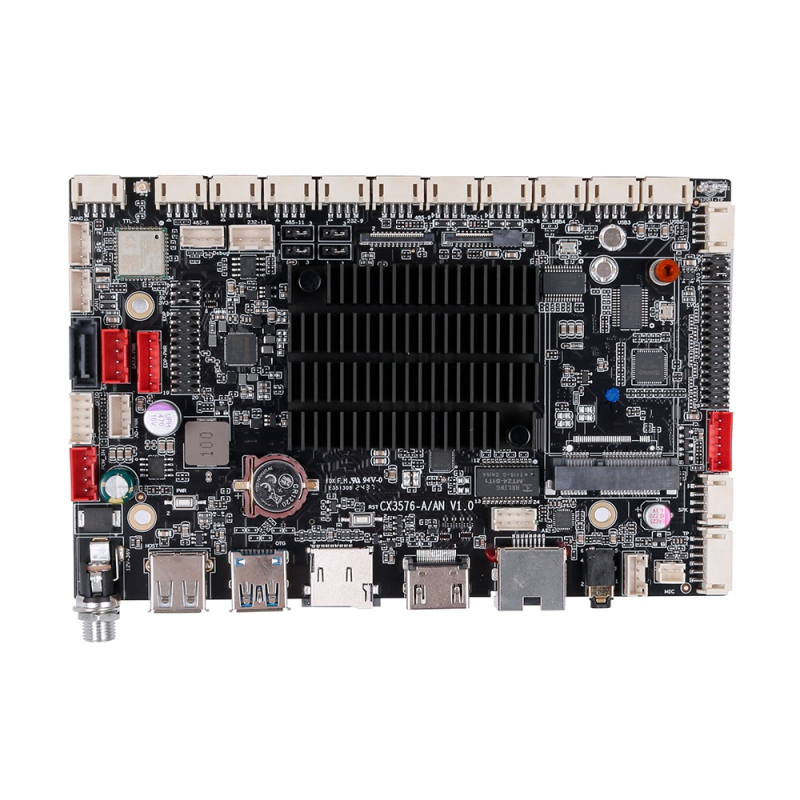






 Teamas
Teamas